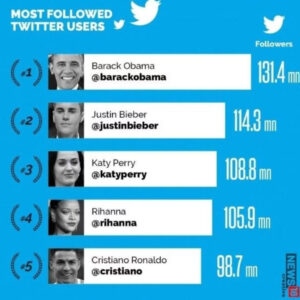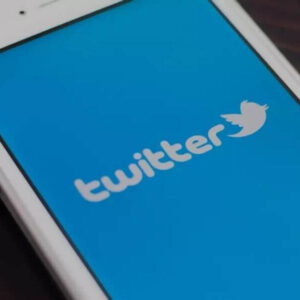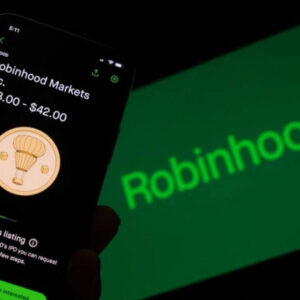Why are people leaving Twitter? Is Everyone Leaving Twitter? After fourteen years on Twitter, the SF LGBT Center is officially deactivating our account beginning May 1, 2023. We’ve already been inactive on Twitter since Elon Musk acquired the social platform in October 2022 due to the spike in anti-LGBTQ+, anti-Black, and antisemitic tweets that ran rampant under the guise of his focus on bringing “free speech” back to the platform.
Unfortunately, over the last few months, the Twitter landscape has progressively become unsafe for LGBTQ+ and BIPOC people to engage in. Anti-trans and anti-LGBTQ+ tweets have skyrocketed, the harmful anti-LGBTQ+ ‘groomer’ narrative proliferating on Twitter has soared, and prominent anti-LGBTQ+ influencers like Andrew Tate, Marjorie Greene, and Benny Johnson received a larger share of voice on the platform.
To add fuel to the fire, Elon recently promoted an incendiary anti-trans tweet about the recent Nashville Covenant School shooting from political columnist Benny Johnson, which is the latest in his string of transphobic tweets. He’s also ignored labor strikes from Twitter employees such as janitors and other building personnel, leaving thousands of people jobless to prioritize cost-cutting measures.
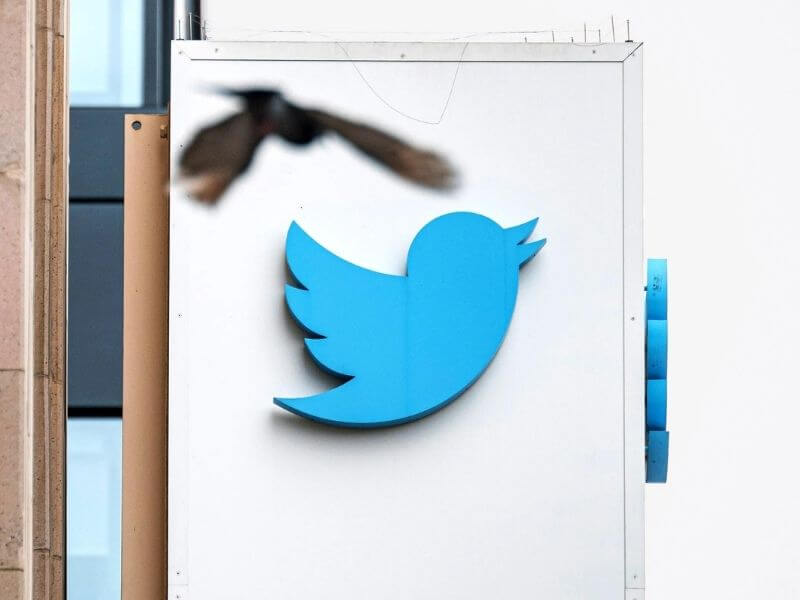
Why are people leaving Twitter?
It may be hard to comprehend, but Twitter has been in its death throes for a full nine months now. Ever since the platform was purchased by Elon Musk in October 2022, its slow deterioration and slide into irrelevance has delivered a few standout moments along the way. Take the evening of November 17, when news reports swept across Twitter that Musk had fired so many employees that Twitter likely no longer had the people behind it to keep its most vital services running. Or the time Musk reinstated numerous high-profile banned users, including former president Donald Trump. Or the moment he broke the platform’s verification system and then rendered it ineffective by turning it into a monetized feature.
Then there have been the constant technical hiccups: the broken links, the rate limits, the end of its collaboration with third-party developers. All of this — both the cultural and the technical changes — have contributed to the ongoing feeling that something about the platform has fundamentally changed.
And now, finally, there is this: The end of Twitter itself, erased in the form of a rebrand. At Musk’s behest, on Sunday, the site renamed to perhaps what is the polar opposite of the distinctive, language-shifting platform name that was “Twitter.” In its place: the letter “X.”
Throughout this slow, exhausting demise, one of the key sentiments Twitter users have grappled with is shame — the shame of being this impacted by the whole frustrating process. After all, Twitter is “just” a social media platform. You’re not supposed to love it. Right?
Alas, human nature doesn’t work that way. Yes, people loved to hate Twitter, and hated loving it, but the love was real, nonetheless. Telling ourselves it’s dumb to feel bad about Twitter belies the human impulse to build bonds and connection — which Twitter users spent years doing. We’re a species that forms unhealthy levels of emotional attachments to robots. Did we really think we weren’t gonna feel absolutely wrecked about the apparent abrupt destruction of a social media platform that has been a digital home to millions of people for more than a decade?
Is Everyone Leaving Twitter?
Over the last week, Twitter seems to be in scrambles as users suddenly announce that they’re creating accounts for other apps, such as Threads, Spill, and Bluesky. They were made as direct competitors to Twitter, but how many people actually care about them?
On July 1, Elon Musk tweeted that non-verified users on Twitter would be limited to reading just 600 tweets a day, with users receiving a “rate limit exceeded” message should they go over the limit.
Soon after on July 5, Threads, an Instagram app, launched with a similar format to Twitter. Bluesky, another Twitter competitor, has been available to users through a waitlist format. It was also developed by the former CEO of Twitter, further adding to the rivalry.
Plenty of companies are moving to the new platforms, but that’s to be expected. What are teens saying about these apps?
Robin Gillespie, a senior at St. Ignatius College Prep, works for art commissions using social media. When asked about the new alternatives to Twitter, she said, “Twitter was the best place to market [art] because Instagram’s algorithm is extremely finicky… and TikTok is basically just luck.” They added, “For artists like me, social media is a tool for free marketing.”
Ezan Charo, a ChiArts senior, also uses Twitter to market his art, in this case, his writing. “I am likely not going to be trying the different Twitter replacement apps,” he said. “Twitter itself is pretty noisy and I don’t need more online social media in my life.”
It seems that for teens who use social media to market their products, even though there might be more options out there now, leaving Twitter isn’t a very viable option.
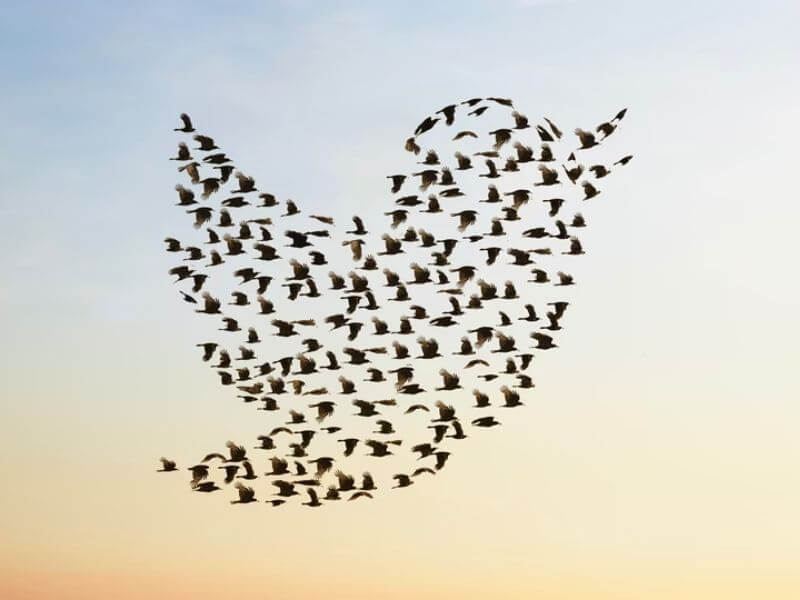
Six Months Ago NPR Left Twitter. The Effects Have Been Negligible
A lot of people threaten to leave Twitter. Not many of them have actually done it.
This was true even before Elon Musk’s purchase of the platform a year ago. But the parade of calamities since — cutting back on moderation, unplugging servers, reinstating banned accounts, replacing verified check marks with paid subscription badges, throttling access to news sites, blaming the Anti-Defamation League for a decline in advertising — has made stepping away more appealing, either because the timeline is toxic or because the site simply doesn’t function the way it used to.
Last April, the company gave NPR a reason to quit — it labeled the network “U.S. state-affiliated media,” a designation that was at odds with Twitter’s own definition of the term. NPR stopped posting from its account on April 4. A week later, it posted its last update — a series of tweets directing users to NPR’s newsletters, app, and other social media accounts. Many member stations across the country, including KUOW in Seattle, LAist in Los Angeles, and Minnesota Public Radio, followed suit.
Six months later, we can see that the effects of leaving Twitter have been negligible. A memo circulated to NPR staff says traffic has dropped by only a single percentage point as a result of leaving Twitter, now officially renamed X, though traffic from the platform was small already and accounted for just under two percent of traffic before the posting stopped.
(NPR declined an interview request but shared the memo and other information). While NPR’s main account had 8.7 million followers and the politics account had just under three million, “the platform’s algorithm updates made it increasingly challenging to reach active users; you often saw a near-immediate drop-off in engagement after tweeting and users rarely left the platform,” the memo says.
There’s one view of these numbers that confirms what many of us in news have long suspected — that Twitter wasn’t worth the effort, at least in terms of traffic. “It made up so little of our web traffic, such a marginal amount,” says Gabe Rosenberg, audience editor for KCUR in Kansas City, which stopped posting to Twitter at the same time as NPR.
But Twitter wasn’t just about clicks. Posting was table stakes for building reputation and credibility, either as a news outlet or as an individual journalist. To be on Twitter was to be part of a conversation, and that conversation could inform stories or supply sources. During protests, especially, Twitter was an indispensable tool for following organizers and on-the-ground developments, as well as for communicating to the wider public. This kind of connection is hard to give up, but it’s not impossible to replace.
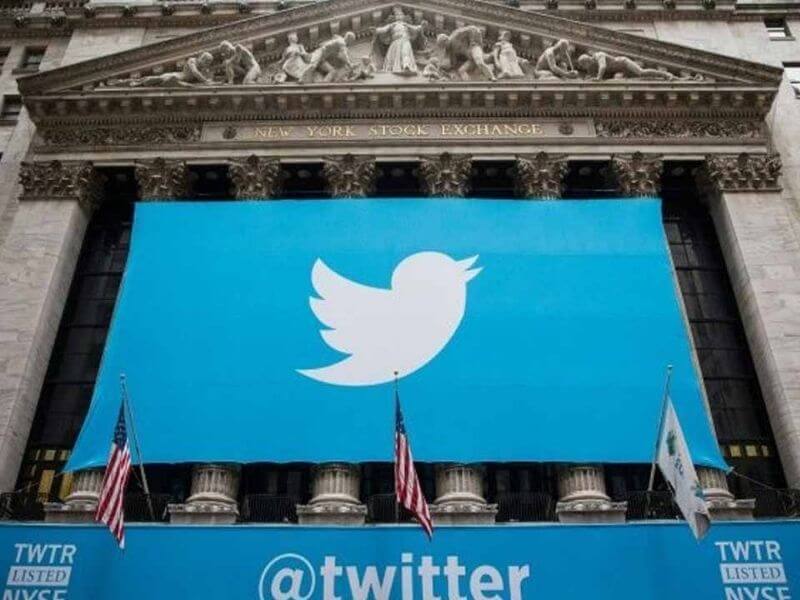
Above is information about Why are people leaving Twitter? Is Everyone Leaving Twitter? that we have compiled. Hopefully, through the above content, you have a more detailed understanding of people leaving Twitter. Thank you for reading our post.



